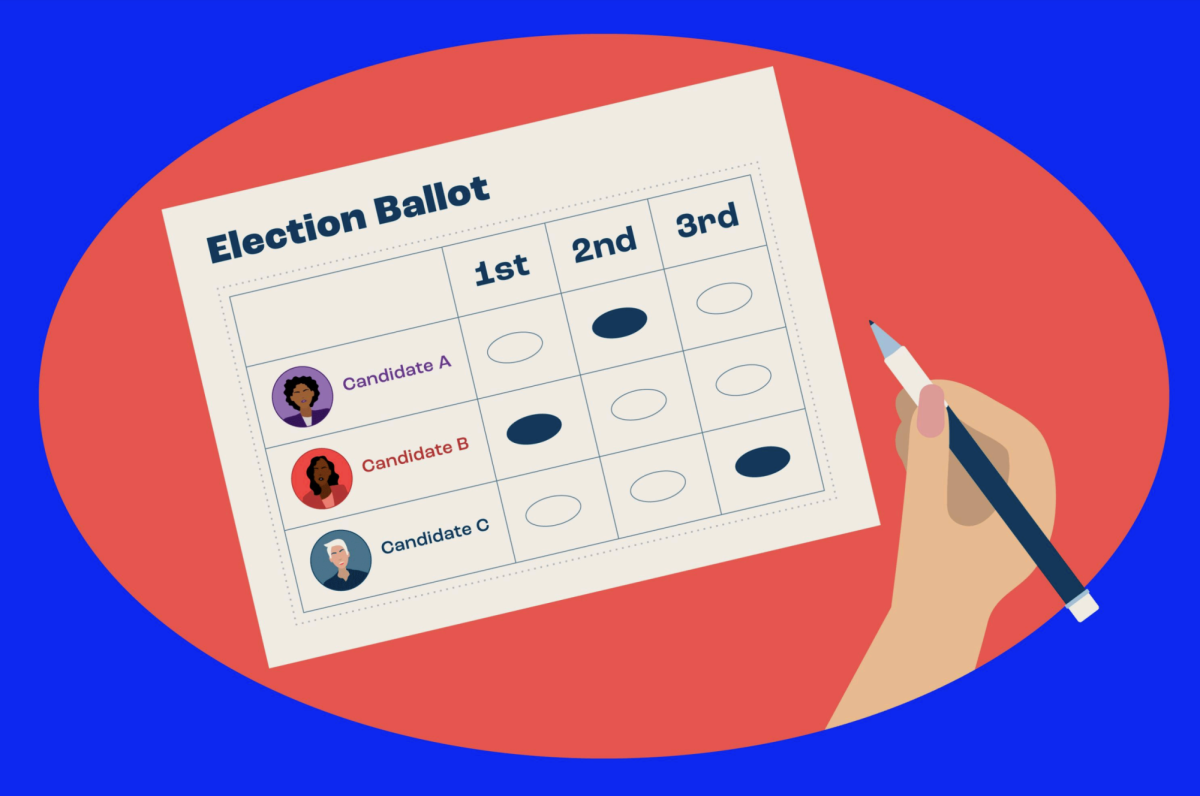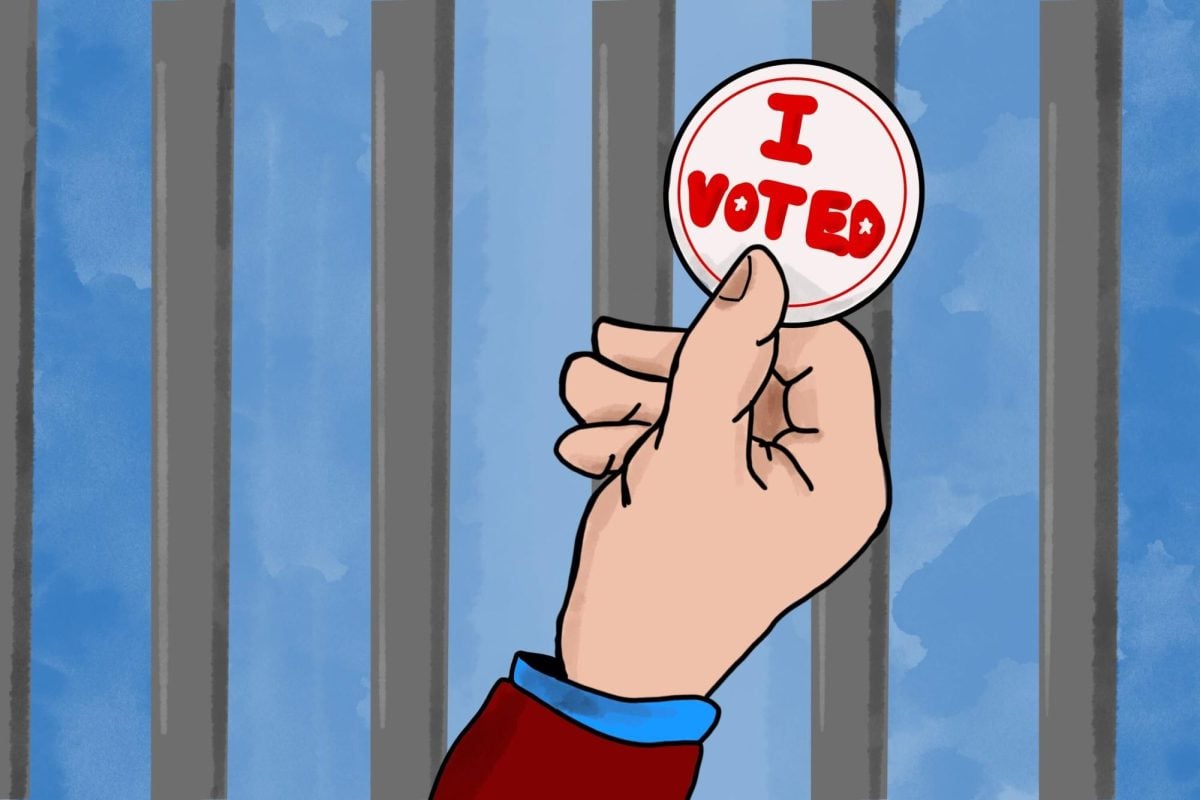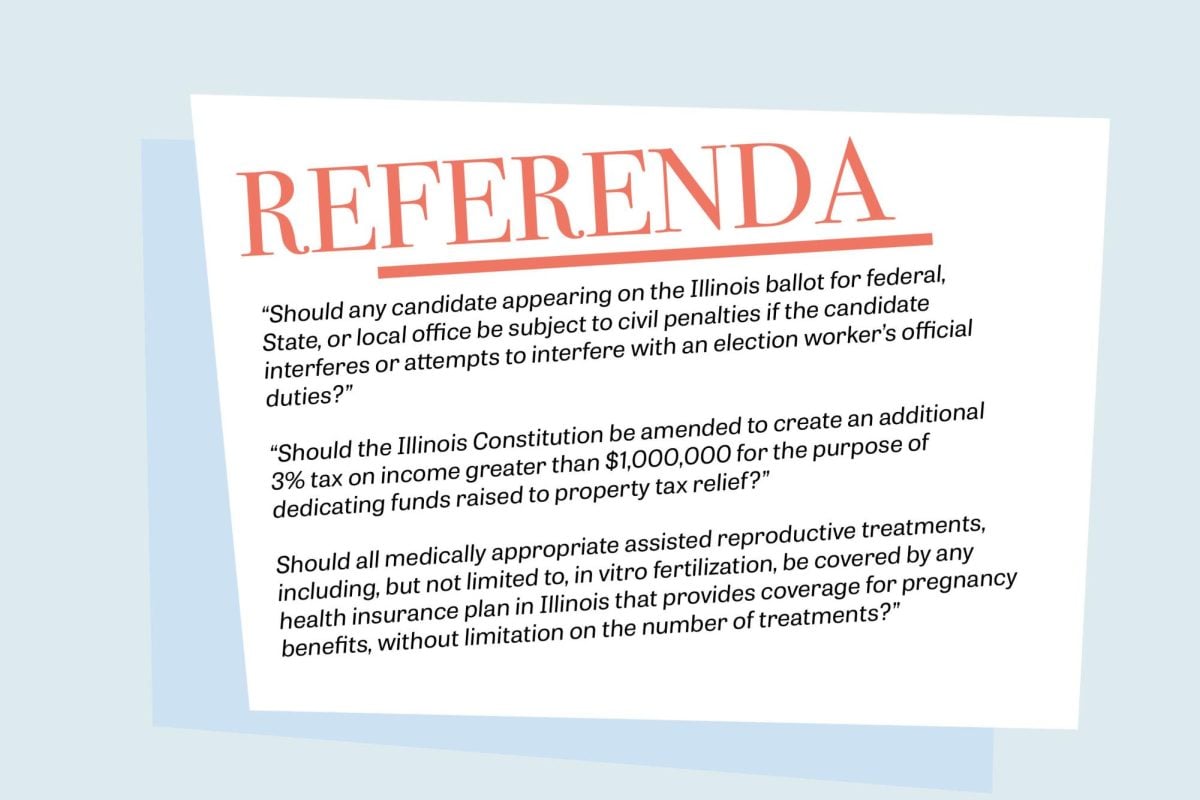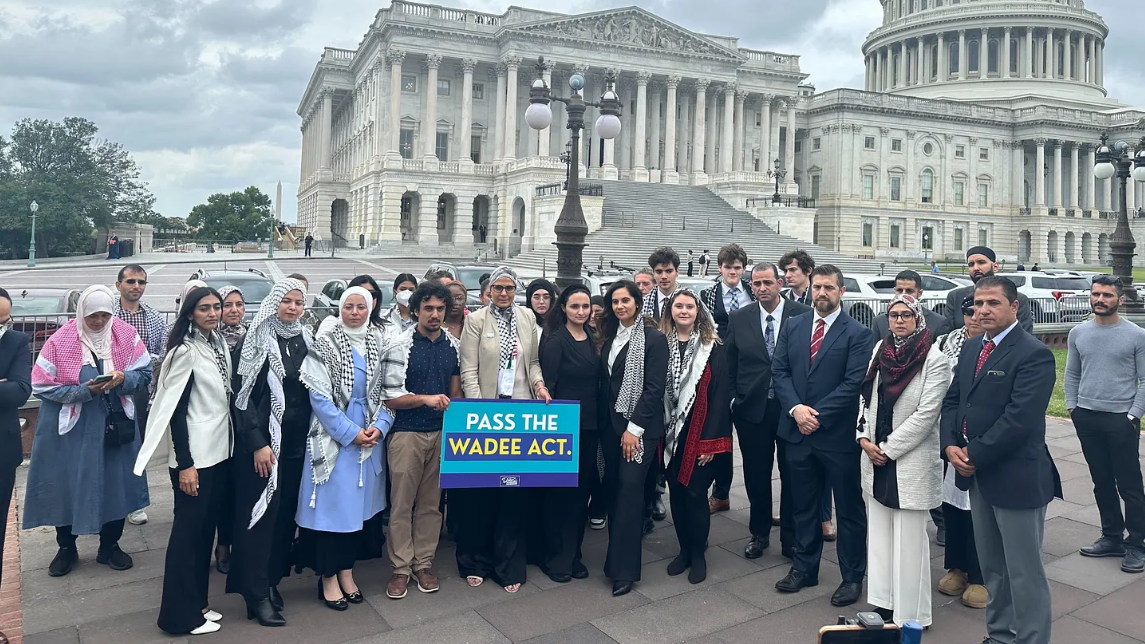Three Northwestern alumni will start raising scholarship money for undocumented Illinois youth next week as part of their role on the Illinois DREAM Fund Commission.
At the Illinois Coalition for Immigrant and Refugee Rights summit Saturday, Illinois Gov. Pat Quinn announced the commission to the public.
The commission, created under the Illinois DREAM Act, will collect donations for children of immigrants who were previously barred from higher education due to financial constraints.
Northwestern alumni Ron Perlman (The Graduate School ‘84), Clare Munana (Kellogg ‘89) and Nam Paik (Law ‘88) were among those selected for the new commission.
There is a large and underrepresented population of children who were brought to the United States by their parents at an early age and raised in American culture without ever acquiring legal documentation, Perlman said.
Though these children are not prohibited from applying to universities, their lack of documentation makes them ineligible for federal financial aid. The passage of the Illinois DREAM Act and the accompanying scholarship fund are the first steps toward making college a feasible option for undocumented youth, Perlman said.
“Very few people understand the unique situation that these kids are in,” he said. “Once we advance this message and (donors) realize we’re talking about a wonderful group of young men and women, they’ll understand that an investment in their education is really an investment in our country and certainly in our state.”
The seven-member commission, which will grow to include two more members soon, is developing a strategic plan to gauge how many students the scholarship fund can support, Perlman said.
The commission will function as a nonprofit corporation that takes in private donations to create scholarships. It is a provision of the Illinois DREAM Act that Quinn signed into law in August, though the federal version of the same act failed to pass in 2010.
Once the commission is in full swing, anyone who has completed high school, has one immigrant parent and has lived in Illinois for at least three years will be eligible for the scholarship, commission member Tanya Cabrera said.
Individuals can apply for a scholarship through ICIRR’s website without providing documentation, said Andy Crandall, an ICIRR translator.
The act also requires Illinois high school counselors to be trained on the needs of college-bound immigrants. The bill was supported on the federal level by U.S. Sen. Dick Durbin (D-Ill.) and U.S. Rep. Luis Gutierrez (D-Ill.), he said.
“(Gutierrez) thinks Governor Quinn is on the right track in investing in education,” said Douglas Rivlin, Gutierrez’s spokesman. “It’s a stop-gap measure because we failed to enact immigration reform on the federal level. It doesn’t substitute for that, but it does deal with some of the consequences.”
Another obstacle that has historically deterred the undocumented from attending college is that even if they are accepted and find a way to pay tuition, they are often unable to attain a job while on campus, said Jackie Stevens, an NU political science professor.
Since 2010, NU has used E-Verify, an Internet-based hiring system established by the U.S. Department of Homeland Security to screen applicants for proof of citizenship.
“This is a huge obstacle,” Stevens said. “The Northwestern community, if they want to support DREAM Act children, might want to ask the University to reconsider its voluntary agreement to use E-Verify.”
The University stated in an April 2010 announcement that compliance with the system helps maintain federal research money. The University of Chicago uses E-Verify to a lesser extent, according to an article in the daily in April 2010.
The University of Chicago states on its international financial aid website that it accepts applications from undocumented students.
“All students who apply, regardless of citizenship, are considered for admission to the University and for every type of private financial aid for which they may qualify,” according to the website.
Weinberg senior Chiarra Manzanares, a member of NU’s Latino cultural alliance group Alianza, said her student group and others are pushing for NU to provide more opportunities for undocumented students and be more transparent about its policies.
“I would personally love to see NU go in that direction and then make a public statement,” she said. “For students to be able to access a scholarship like that makes a huge difference. If Northwestern would take the steps to do something more, that would be amazing.”






